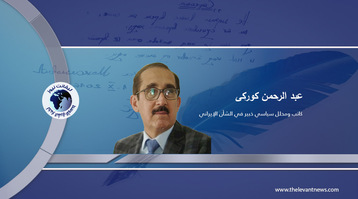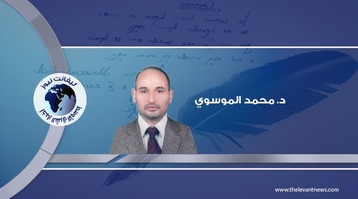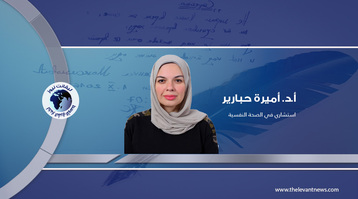-
Syria’s Search For Justice

Accountability for crimes committed against humanity in Syria’s bloody conflict has largely been characterised by its absence against the backdrop of rampant impunity. A decade of suffering replete with images of barrel bombs casually slamming into densely packed civilian areas or the bodies of those killed by chemical weapons lined up as if asleep. Yet a glimmer of hope that the famous Martin Luther King Jr quote that the ‘arc of the moral universe is long, but it bends toward justice’ was witnessed in Germany where a court delivered a guilty verdict against Anwar Raslan, a former colonel loyal to the regime who later defected and fled Syria.
Hussein Ghrer, one of 24 former detainees of Branch 251, a military intelligence unit with its own prison in Damascus, who testified against Anwar Raslan explained that “finally, we have an official conviction saying that these individuals have committed crimes in the context of mass attacks on Syrians and systematic crimes against humanity. I believe this is the most important thing to build on in future.”
Raslan was a colonel in Syria’s intelligence service and has now been jailed for life by a German court for the mass torture and murder of anti-Assad protesters, in an important test case for the principle of universal jurisdiction for crimes against humanity. The word ‘landmark’ is used perhaps too often but this does feel like an important decision that could have reverberations much further than this individual involved. It was, let us not forget, the world's first criminal case over state-sponsored torture in Syria.
The challenge of course is the gap between any criminal actions that have taken place in Syria and the final acts of accountability that take place only in situations when individuals have fled the country. An obvious consequence of the decision is that Syrian officials across a wide range of functions may choose to be very careful as to where they travel or whether they may defect or not. Although other incidents of universal jurisdiction have snared individuals sometime after they left power. Famously General Augusto Pinochet, the former Chilean dictator who presided over a 17-year reign of terror and ordered foreign assassinations, was arrested at a London hospital on Friday night by police acting on a request from Spain.
Whilst the Raslan case will remind Syrian officials to keep their heads down for longer, it will also reenergise those campaigners who don’t think it is good enough for the world to shrug their shoulders as to what has happened in the country. “It's only the beginning," said Yasmen Almashan, a campaigner with the Caesar Families Association who lost five of her brothers to Syria's brutal civil war
Indeed, it is worth stressing again that whilst many argue that Syria’s conflict is an internal issue and not one for International Community’s top priorities, I would say that is a false dichotomy. Syria’s war has seen a steady draining of credibility around international laws and norms that have been developed since the end of World War Two. Hospitals and schools are regularly targeted, aid is denied, and hunger has become a weapon of war, supposedly proscribed weapons are used regularly against the most vulnerable sections of the Syrian population. The veto at the Security Council, supposedly a tactic of last resort, has been used some 16 times. Peace conferences and processes have failed at a big picture settlement and have instead taken the country into a fragile status quo still defined by huge risks to civilians.
Raslan’s story itself is a microcosm of this failure. He was convicted of murder, rape, sexual assault and mass torture. He led the intelligence unit that oversaw the running of a jail dubbed “Hell on Earth.” Yet as Dante would argue there are several layers of hell and Raslan was responsible for only a slim part of the mass suffering that the Syrian people have been exposed to. A decade after his crimes, Raslan receiving justice will remind many that actions have consequences. What is more 105 days of court hearings will hopefully give many of his victims that testified, a sense of closure and personal justice that will allow them to continue their lives in dignity.

BY: James Denselow
You May Also Like
Popular Posts
Caricature
Syrians' concerns now
- December 10, 2024
Syrians' concerns now #Syria
#Bashar_al-Assad
#Liberation_of_Syria
#Syrians
#Future_of_Syria
#Levant_News

opinion
Report
ads
Newsletter
Subscribe to our mailing list to get the new updates!



















